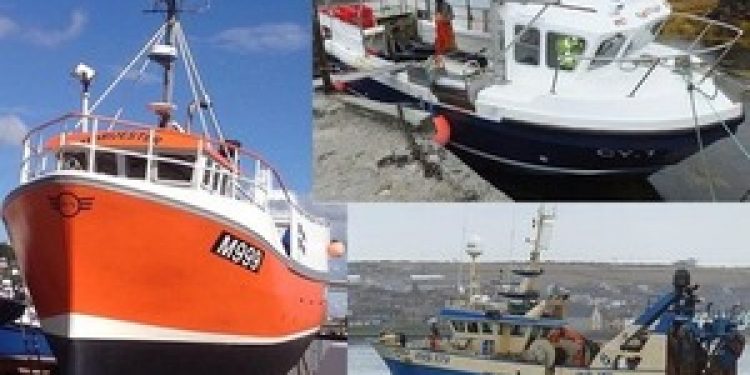The UK Marine Accident Investigation Branch has published three reports detailing events surrounding the loss of four lives on three commercial fishing vessels in 2015 and 2016. In these cases, it is judged that the lost fishermen could have survived if they had been wearing personal flotation devices.
A crewman was lost overboard from Annie T in the Sound of Mingulay in Scotland on 4th October 2015. A crewman was lost overboard from Harvester on 28th April this year, resulting in the grounding and sinking of the vessel with the loss of two lives off the Pembrokeshire coast. The third report covers the loss of a crewman from Apollo in a position thirty miles north-west of Orkney on 18th April 2016.
According to a statement by the Chief Inspector of Marine Accidents, the the MAIB rarely recommends the introduction of new legislation to solve safety problems, and the rate that commercial fishermen are losing their lives due to drowning shows no sign of reducing.
‘Indeed, this has been a particularly bad year: the MAIB has investigated the deaths of nine commercial fishermen, and today is publishing three reports covering the deaths of four. All four might well have survived had they been wearing a lifejacket when they entered the water,’ Steve Clinch stated. ‘In the cold waters around the UK survival time can be measured in minutes unless a lifejacket is being worn.’
The MAIB’s concern is that this message is not getting home despite a three year campaign that has seen almost every commercial fisherman in the UK receive a free lifejacket.
‘Evidence from other countries shows that education campaigns alone have little effect on behaviour, but when backed by legislation the change is both significant and sustained. In order to prevent further unnecessary loss of commercial fishermen’s lives, I am therefore recommending today that the Maritime and Coastguard Agency moves quickly to introduce legislation making it compulsory for fishermen to wear personal flotation devices on the working decks of commercial fishing vessels while they are at sea.’









